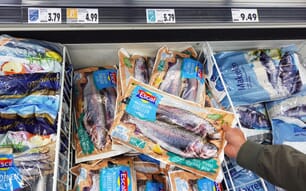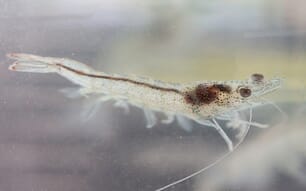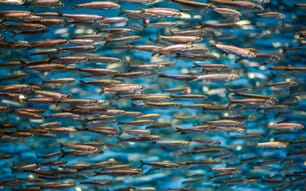Featuring interviews with scientists, fisheries and environmental organisations the documentary demonstrates how fisheries are evaluated, what certification means for those fisheries and the benefits to the environment.
Filmed in Southern England, Scotland and South Africa, the ten minute documentary uses animations to explain the MSC sustainability standard, and visits two fisheries which have been through the MSC certification process.
The fisheries featured are SFSAG North Sea haddock which was certified as sustainable by the MSC on 29th October 2010 and South Africa hake, certified as sustainable in April 2004 and re-certified in March 2010.
Focusing on the MSC's environmental standards, the film explores the 'scoring system' which has been developed over the past decade with the help of hundreds of international fisheries and environmental experts. It is comprised of three core principles that require:
- healthy fish stocks
- that the fishery does not jeopardise the supporting ecosystem
- that management systems ensure the long-term future of all resources
David Agnew, MSC Standards director said: "The MSCs view of sustainability involves looking beyond just the quantity of fish caught and the stocks ability to regenerate. It also requires review of the impact of the fishery on the ecosystem in which the fish live, on other fish that are caught, and on the habitat that is encountered by the fishing gear. We hope that the Sustainable Seas film will demonstrate the MSC environmental standards in an enjoyable and informative way and be an educational tool for scientists, fisheries, policy makers and environmental science students".




